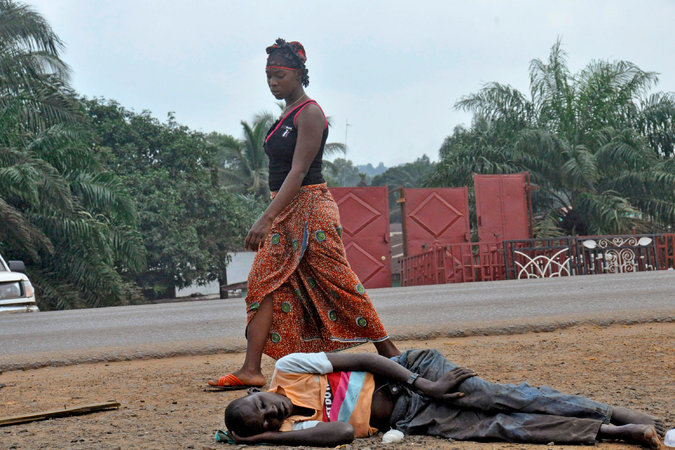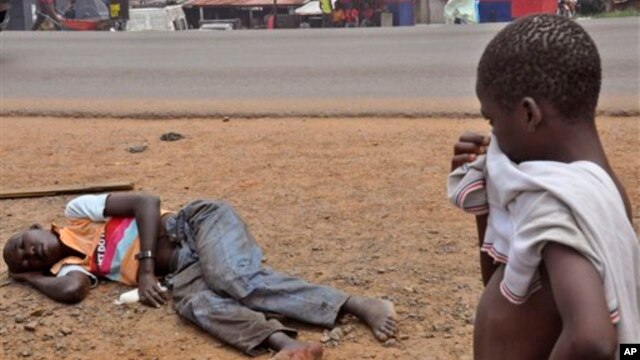- Apr 1, 2011
- 170,013
- 47,207
- 2,180
This Ebola outbreak is really getting scare. How can they control it after 100,000 people come down with it?
http://www.nytimes.com/2014/09/13/w...-long-fight-against-ebola.html?ref=world&_r=1
http://www.nytimes.com/2014/09/13/w...-long-fight-against-ebola.html?ref=world&_r=1
The deadly Ebola outbreak sweeping across three countries in West Africa is likely to last 12 to 18 months more, much longer than anticipated, and could infect hundreds of thousands of people before it is brought under control, say scientists mapping its spread for the federal government.
“We hope we’re wrong,” said Bryan Lewis, an epidemiologist at the Virginia Bioinformatics Institute at Virginia Tech.
Both the time the model says it will take to control the epidemic and the number of cases it forecasts far exceed estimates by the World Health Organization, which said last month that it hoped to control the outbreak within nine months and predicted 20,000 total cases by that time. The organization is sticking by its estimates, a W.H.O. spokesman said Friday.
But researchers at various universities say that at the virus’s present rate of growth, there could easily be close to 20,000 cases in one month, not in nine. Some of the United States’ leading epidemiologists, with long experience in tracking diseases such as influenza, have been creating computer models of the Ebola epidemic at the request of the National Institutes of Health and the Defense Department.

“We hope we’re wrong,” said Bryan Lewis, an epidemiologist at the Virginia Bioinformatics Institute at Virginia Tech.
Both the time the model says it will take to control the epidemic and the number of cases it forecasts far exceed estimates by the World Health Organization, which said last month that it hoped to control the outbreak within nine months and predicted 20,000 total cases by that time. The organization is sticking by its estimates, a W.H.O. spokesman said Friday.
But researchers at various universities say that at the virus’s present rate of growth, there could easily be close to 20,000 cases in one month, not in nine. Some of the United States’ leading epidemiologists, with long experience in tracking diseases such as influenza, have been creating computer models of the Ebola epidemic at the request of the National Institutes of Health and the Defense Department.



